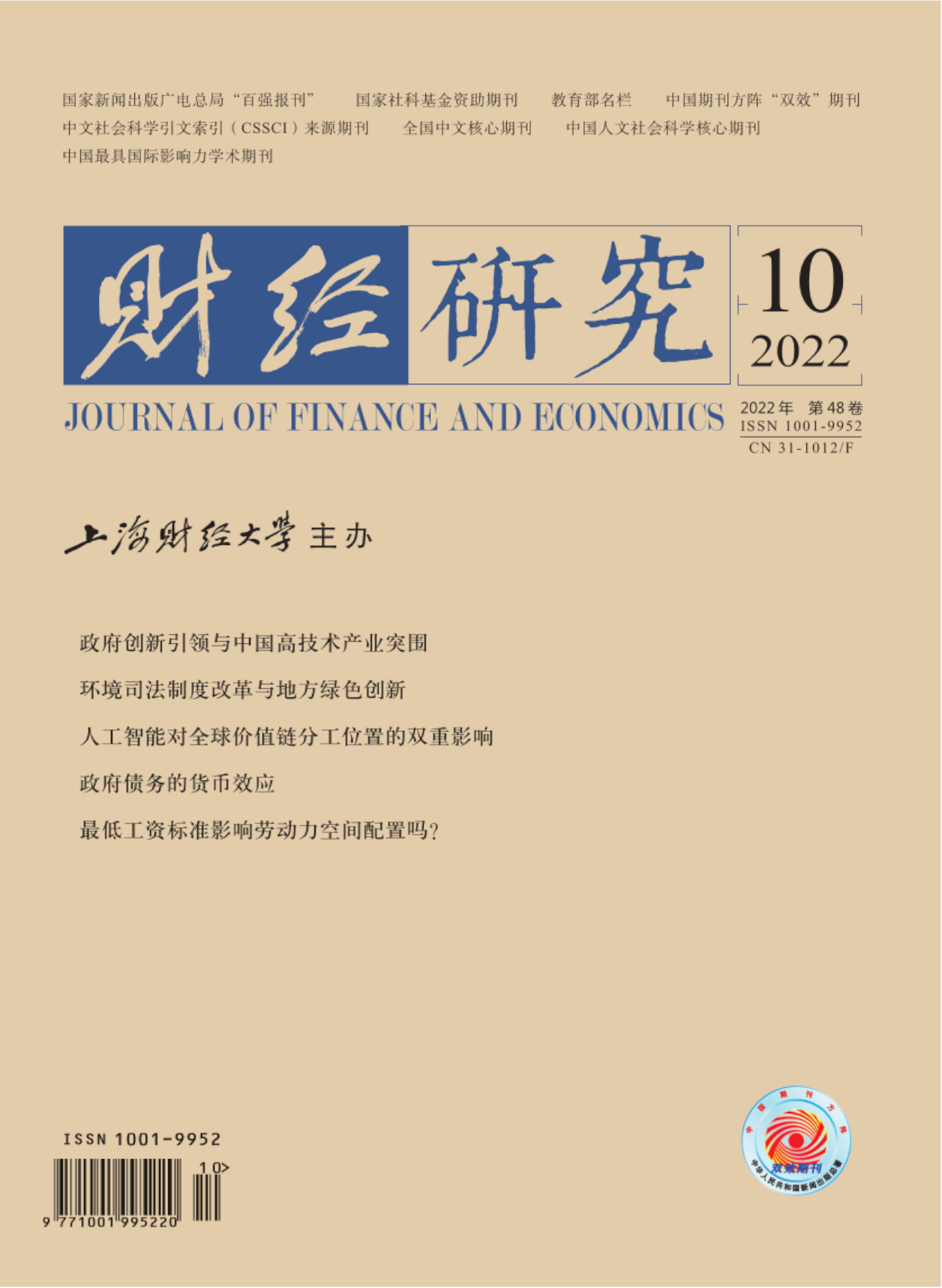Since the reform and opening-up, local governments have ignored the protection and governance of the ecological environment while pursuing the rapid growth of local economy. Although the central government has promulgated many environmental policies, local governments have the problem of “regulation implementation deviation”, so that central environmental policies cannot be effectively implemented locally, which leads to the infringement of social environment public interests. The key to solve the above problems lies in strengthening the construction of the rule of law in the ecological environment, especially relying on the innovation of the environmental judicial system, giving local procuratorates the right of judicial supervision, enabling them to correct the deficiency of local governments in environmental protection, and changing the absence of the subject of public interest protection. In this context, China began to explore the pilot public interest litigation in 2015. Environmental public interest litigation has gradually become an important legal system construction to improve the level of environmental judicial security, correct the “regulation implementation deviation” of local governments, and safeguard social and public interests.
This paper examines the impact of pilot environmental public interest litigation on local green innovation using a DID method by selecting the panel data of prefecture-level cities from 2011 to 2017. The result shows that: Environmental public interest litigation increases the number of green patent applications in pilot cities by 7.1%, and the policy effect gradually strengthens over time, thus the environmental judicial system reform can effectively promote local green innovation. The realization mechanisms of these findings are local governments’ environmental administrative punishment, environmental protection governance and public environmental appeal. Based on the micro perspective of listed companies, the DDD result shows that environmental public interest litigation contributes to the “increase in quantity and quality” of green technology innovation and higher environmental investment among polluting enterprises in pilot cities. Heterogeneity analysis shows that the effect of environmental public interest litigation on local green innovation is more pronounced in areas with environmental information disclosure and environmental courts, non-state-owned enterprises, and water pollution intensive industries.
The marginal contributions of this paper are as follows: First, it examines the policy effect of environmental public interest litigation on local green innovation. Little literature focuses on the important role of promoting local long-term governance mechanisms through the environmental judicial system reform, so this paper makes an expansion of the literature of environmental economics. Second, to address the problem of “regulation implementation deviation” of local governments towards central environmental policies, it examines the role of the horizontal supervision mechanism of local procuratorates in promoting local governments to fulfill their environmental responsibilities. Third, based on the discussion of environmental public interest litigation for local green innovation, it explores in detail the role mechanisms of local governments, the public, and micro enterprises, thus providing a reference for the subsequent construction of environmental judicial system.





 6987
6987  6547
6547

